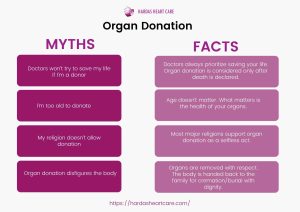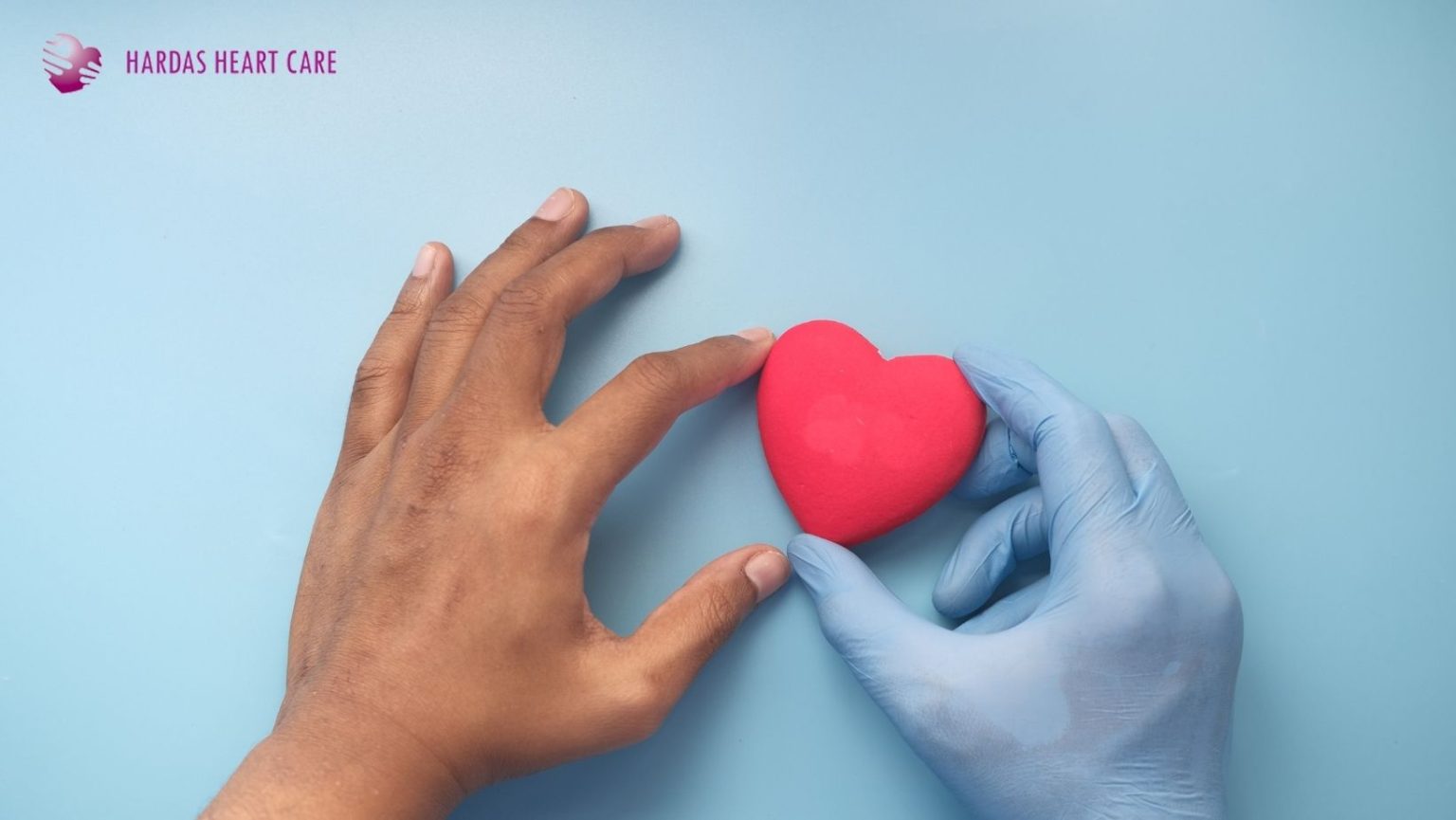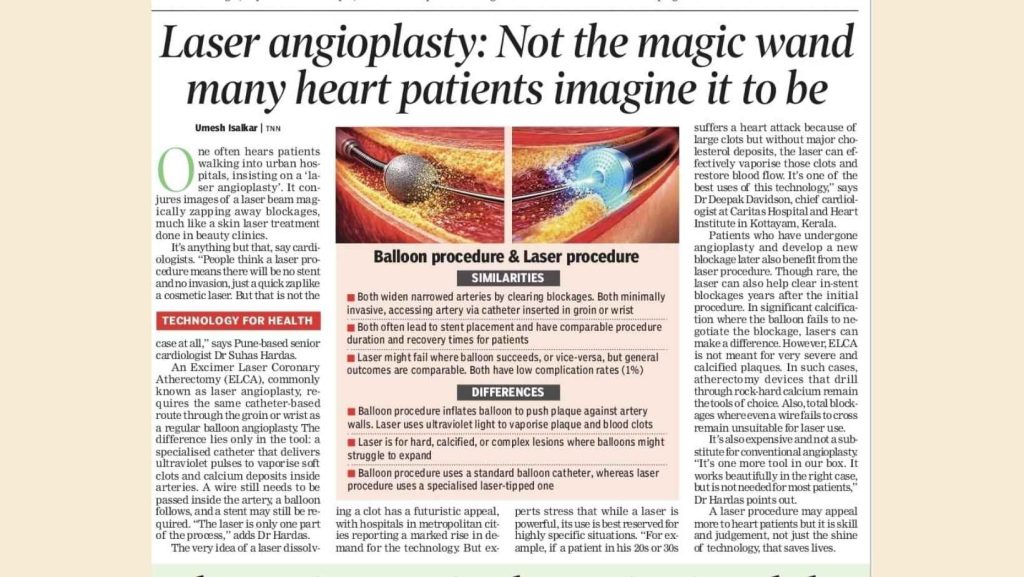Organ donation is one of the most powerful ways to make a lasting difference in someone’s life. In India, thousands of patients wait every year for a life-saving organ transplant, yet the number of donors remains very low. By choosing to become an organ donor, you can give someone a second chance at life.
In this blog, Dr. Suhas Hardas, a respected cardiologist in Pune, shares his thoughts on the importance of donation of organs and how it can bring hope to countless families.
What Is Organ Donation?
Organ donation is the process of giving an organ or tissue to someone who needs a transplant. It can be done either after death (deceased donation) or while living (living donation), depending on the type of organ.
Organs that can be donated include:
- Heart
- Lungs
- Liver
- Kidneys
- Pancreas
- Intestines
- Tissues like the cornea, skin, heart valves, and bones can also be donated.
Why Is Organ Donation Important?
According to health statistics, one person dies every hour in India waiting for an organ transplant. The need is high, but awareness is still low. A single donor can save up to 8 lives and improve the lives of many more through tissue donation.
Dr. Suhas Hardas on Organ Donation
Dr. Suhas Hardas believes that this donation is not just a medical decision, but a humanitarian act.
“Organ donation is the greatest gift we can give someone — the gift of life. As a medical professional, I have seen patients transform after receiving a transplant. I strongly encourage everyone to consider pledging their organs. It can give a grieving family hope, and a patient the chance to live again.”
Dr. Hardas also emphasizes the importance of spreading awareness and removing myths related to donation of organs. “There are many misconceptions around organ donation in India. It’s time we talk openly about it, educate ourselves, and become part of a life-saving movement,” he adds.
Who Can Become an Organ Donor?
Almost anyone can be a potential organ donor, regardless of age or medical history. Doctors will assess the condition of organs and tissues at the time of death or donation.
You can:
- Register as a donor on official government or NGO platforms
- Carry a donor card
- Inform your family about your decision
In case of living donation, a healthy person can donate a kidney or part of their liver to a family member or close relative.
Myths and Facts About Organ Donation

How To Register For Organ Donation
If you want to support the cause of then
- Pledge your organs online at www.notto.gov.in
- Talk to your family about your decision
- Spread awareness on social media and within your community
- Support hospitals and NGOs that promote organ donation
Final Thoughts
Organ donation is a gift of life. By registering as a donor, you can help bridge the gap between life and death for someone in need. As Dr. Suhas Hardas rightly says, “It’s not just about saving lives — it’s about giving hope, giving time, and giving someone a future.”
Let’s join hands and be a part of this noble cause.



